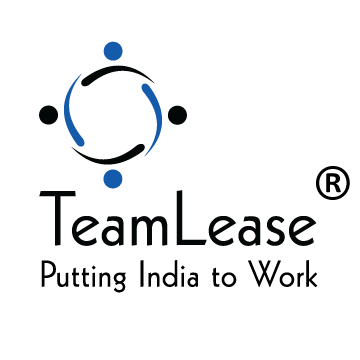Tips to help you decode the salary offer being made to you

With the beginning of the new financial year and the new headcount budget allocations kicking in at most companies, we will see hiring momentum picking up across industries in the first two quarters. Many first-time job seekers will hit the job market, and many employees at the early stages of their careers will seek newer growth opportunities. According to estimates, 60% of employees from the experience bracket of 1–5 years will look at changing their jobs in the next one year.
Since at this level salaries are not very high—except for A-league management and engineering graduates—the primary decision criterion for any candidate while accepting a job offer are learning opportunities coupled with monetary growth. Often, freshers or inexperienced candidates at an early stage of their career end up misreading the salary offer, making ill-informed decisions on this front. The good old term ‘salary’ today has multiple avatars—CTC, or cost to company; gross salary, take-home salary; pre-tax take-home salary; total rewards; on-target salary; and what have you.
Here are some tips to help you decode the salary offer being made to you, and make an informed decision while accepting the offer.
- Be clear on the total compensation package being offered to you. This package could have both a fixed component and a variable component. It could also include direct monetary components or indirect components.
- The variable components will be payable to you only based on certain predefined criterion being met and as per specified frequency. This payout could be linked to your individual performance or other criterion; for example, company performance or profits, or a loyalty bonus that is given to employees and is linked to their being with the organisation for a predefined time-period. Make sure you understand the criterion and related terms and conditions linked to your variable component payout.
- Find out if the value of indirect components/benefits being given to you would be deducted from your direct or cash salary. For example, if your employer is providing a pick-up and drop facility, is the cost going be deducted from your salary? The same could be the case with the medical insurance cover being offered to you.
- Understand the CTC structure. The CTC structure has both earning and deduction components. While every organisation has its own salary or CTC structure, most CTC structures have the following earning components: Basic, house rent allowance, special allowance, leave travel allowance, medical reimbursement, conveyance allowance. The common deductions are retirement benefits: provident fund, gratuity, ESIC contribution, professional tax deduction.
- CTC versus gross versus net salary. Provident fund and ESIC deductions have both employer and employee contributions. Most organisations include the employer side of contribution as part of the total CTC. Your gross salary will be your CTC net of employer contributions to these deductions. Your take-home salary will be net of all the deductions—employer’s and your own. In India, since the mandatory social security deductions are rather high for employees with salary of up to Rs 21,000 per month gross, the total deductions could be as much as 30% of the salary as per the appointment letter. Further, depending on your salary bracket and other rules as per income tax, there could be income-tax deductions. So your net post-tax salary would be a very different figure from your salary as per your appointment letter.
- Understand income-tax rules and implications for you. If you fall in the tax bracket, check if the CTC structure being offered to you has components which can help you save tax. Common components that can help you save tax are HRA, conveyance allowance, leave travel allowance, and medical reimbursement. Provident fund deduction can also help you save tax. If your proposed CTC structure does not include these components, you could end up with much higher income-tax deductions and lesser take-home salary.
While you should never accept a job offer solely based on salary, decoding the salary offer being made to you is critical for making an informed decision and ensuring that you get off to a positive start in the organisation.
The article was featured in Financial Express
Latest Blogs
Apprenticeship India: A Guide to NAPS, NATS & Compliance
As India strengthens its workforce strategy, apprenticeship initiatives in India are gaining renewed relevance for employers across sectors. With skill gaps widening and compliance requirements...
Read MoreHow Apprenticeships in India Help Build Job-Ready Talent?
In a fast-evolving job market, businesses across India face a common challenge: finding candidates who are not just qualified on paper but ready to perform...
Read MoreStrategic Workforce Planning in India: Why Smart Talent Strategy is Important?
For years, strategic workforce planning in India was treated as a back-office exercise—something to be revisited when hiring pressure built up or attrition spiked. That...
Read MoreUnion Budget 2026–27 Decoded: What MSMEs and HR Leaders Need to Know
The Union Budget 2026-27, presented on 1 February 2026, signals a deliberate shift toward employment-centric growth, combining sectoral demand creation with long-term investments in skills,...
Read MoreNew Labour Codes: A Compliance Guide for Employers
India’s labour landscape has entered a historic transition with the notification of the four consolidated Labour Codes—the Code on Wages (2019), Industrial Relations Code (2020),...
Read More





